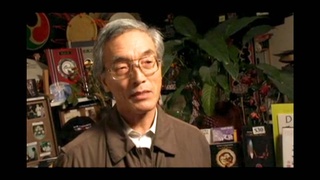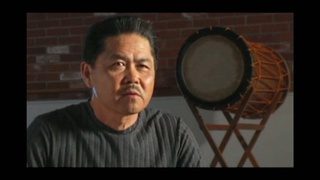Interviews
Women playing taiko
The women thing with Kinnara has never been an issue in terms of… It just so happens a bunch of us guys got together and started playing, but there was no thing about women couldn’t play. In Japan, very, very significant difference of a male group and a women’s group. And up until maybe about ten years ago, it was totally separate. But in the United States, since we always began—even Tanaka Sensei’s group has always been integrated with women also, too. Kinnara, always, from the very beginning, men and women always participated in it.
Date: October 15, 2004
Location: California, US
Interviewer: Art Hansen, Sojin Kim
Contributed by: Watase Media Arts Center, Japanese American National Museum






